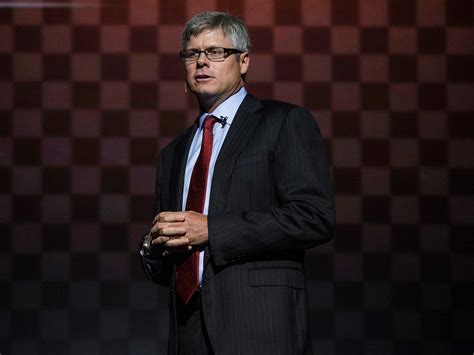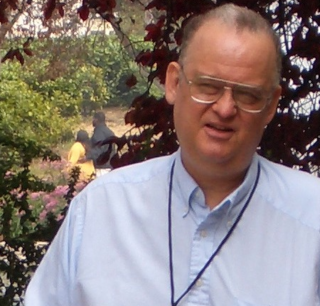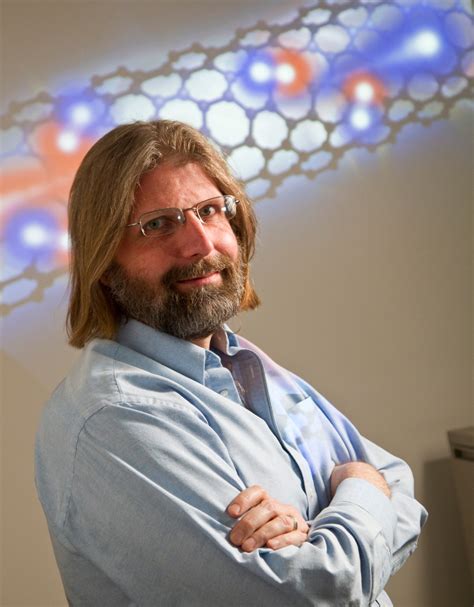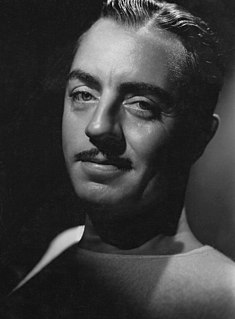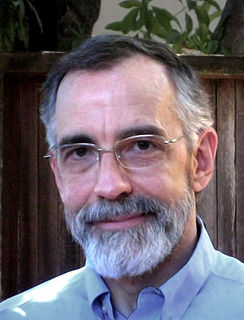Top 28 Nanotechnology Quotes & Sayings
Explore popular Nanotechnology quotes.
Last updated on April 14, 2025.
We have the means right now to live long enough to live forever. Existing knowledge can be aggressively applied to dramatically slow down aging processes so we can still be in vital health when the more radical life-extending therapies from biotechnology and nanotechnology become available. But most baby boomers won't make it because they are unaware of the accelerating aging process in their bodies and the opportunity to intervene.
In 1998, I set up and directed a research group at the Nanotechnology Institute newly created in the Research Center of Karlsruhe. This allowed to offer to former post-doctoral coworkers the opportunity to develop and to progressively set up independent research activities in nanoscience and nanotechnology.
No amount of outer technology, no amount of computers and biotechnology and nanotechnology is going to stop the continuation of warfare and racism and environmental destruction. What's called for on the Earth at this time is really a change of heart ... the question is really not the future of humanity, but the presence of eternity.
The aliens on this planet are also attempting to clone or replicate the human form artificially. Their original form, being humanoid, cannot pass the field that was established around the Earth. But if they can clone or cybernetically change their forms, it may help their designs. This is why virtual reality, cybernetics, cloning, and nanotechnology are in vogue today.
We have artificial intelligence, virtual reality, augmented reality, 3D-printing, robotics and nanotechnology that have changed the face of modern medicine. It is essential for Indian doctors to familiarise themselves with the latest developments to be able to control technology and not the other way around.
There's a book of interviews with John Cage by Joan Retallack called Musicage that was finished the summer that he died, in 1992. And in one of the last interviews, he was very excited to talk about nanotechnology. There's real technophilia from him, a kind of utopian embrace of the idea that nanotechnology will free people up to do what they really want to do.
The greatest existential risks over the coming decades or century arise from certain, anticipated technological breakthroughs that we might make in particular, machine super intelligence, nanotechnology and synthetic biology. Each of these has an enormous potential for improving the human condition by helping cure disease, poverty, etc. But one could imagine them being misused, used to create powerful weapon systems, or even some kind of accidental destructive scenario, where we suddenly are in possession of some technology that's far more powerful than we are able to control or use wisely.
Most Muggles lived in a world defined by the limits of what you could do with cars and telephones. Even though Muggle physics explicitly permitted possibilities like molecular nanotechnology or the Penrose process for extracting energy from black holes, most people filed that away in the same section of their brain that stored fairy tales and history books, well away from their personal realities: Long ago and far away, ever so long ago.

